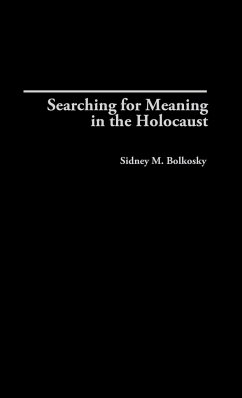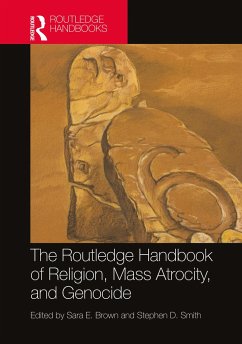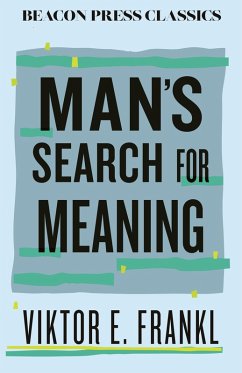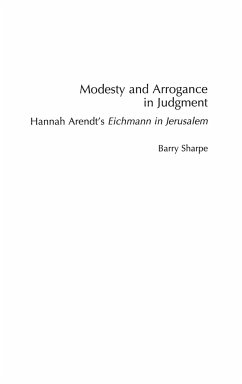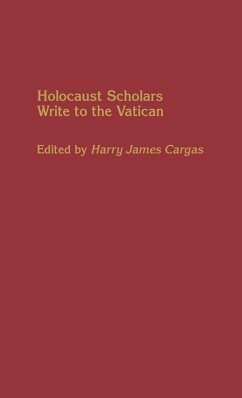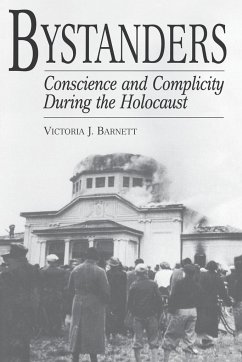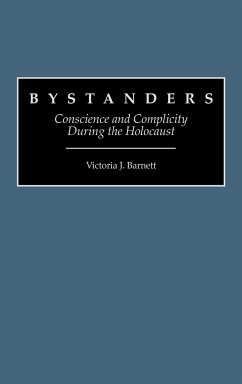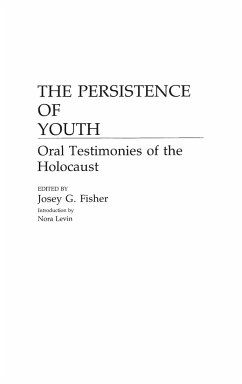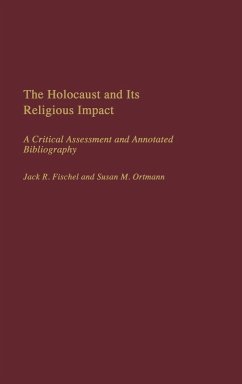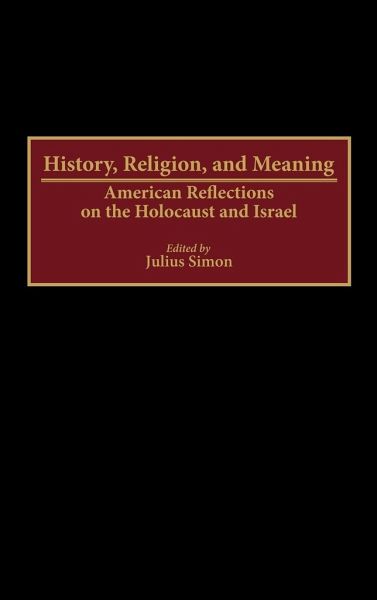
History, Religion, and Meaning
American Reflections on the Holocaust and Israel
Herausgeber: Simon, Julius
Versandkostenfrei!
Versandfertig in 1-2 Wochen
69,99 €
inkl. MwSt.

PAYBACK Punkte
35 °P sammeln!
The Holocaust continues to be a defining event for understanding not only the course of history during the 20th century but the course of human events in general. Perhaps the most contentious issue is that of how the Holocaust continues to be understood, explained, and appropriated. The chapters focus on questions arising from the Holocaust and that have to do with the American understandings of the interrelated web of history, religion, and meaning. In addition, the contributors, from a variety of disciplines, express views that range across several dimensions of receptivity and both support ...
The Holocaust continues to be a defining event for understanding not only the course of history during the 20th century but the course of human events in general. Perhaps the most contentious issue is that of how the Holocaust continues to be understood, explained, and appropriated. The chapters focus on questions arising from the Holocaust and that have to do with the American understandings of the interrelated web of history, religion, and meaning. In addition, the contributors, from a variety of disciplines, express views that range across several dimensions of receptivity and both support and challenge other views of how the Holocaust should be commemorated and/or historically situated. The chapters included in this volume demonstrate that the ongoing rethinking and integrating of memories and questions from and on the Holocaust result in ever-new ethical orientations and demands that continue to affect religious praxis and the work of historians. They deal both explicitly and implicitly with how the Holocaust has been understood or misunderstood. The contributors write from across the disciplinary boundaries of philosophy, theology, history, aesthetics, and political science and raise important ethical issues while providing fresh perspectives from both established and emerging scholars. This unique, cross-disciplinary approach is an essential addition to the literature on the Holocaust.



